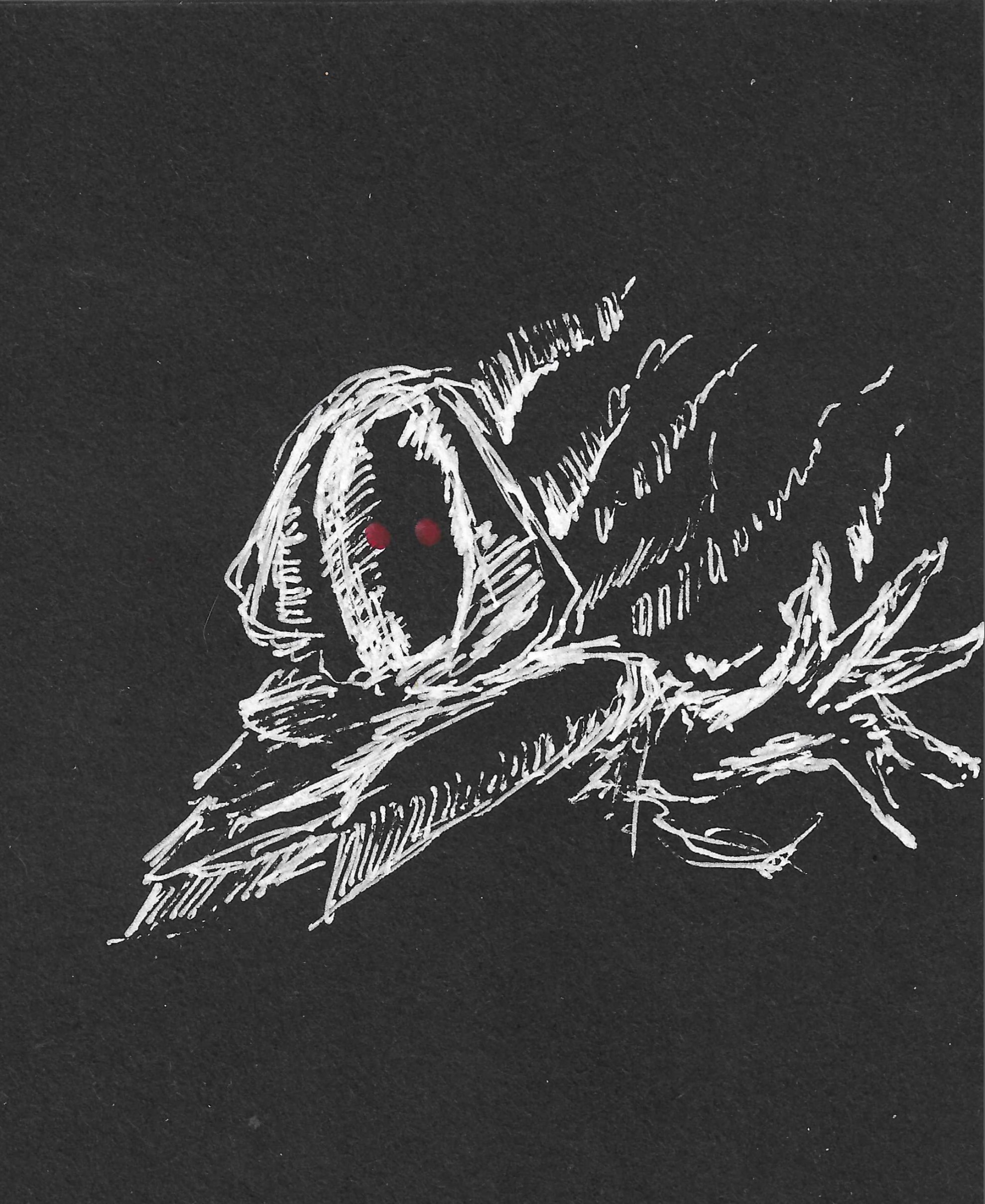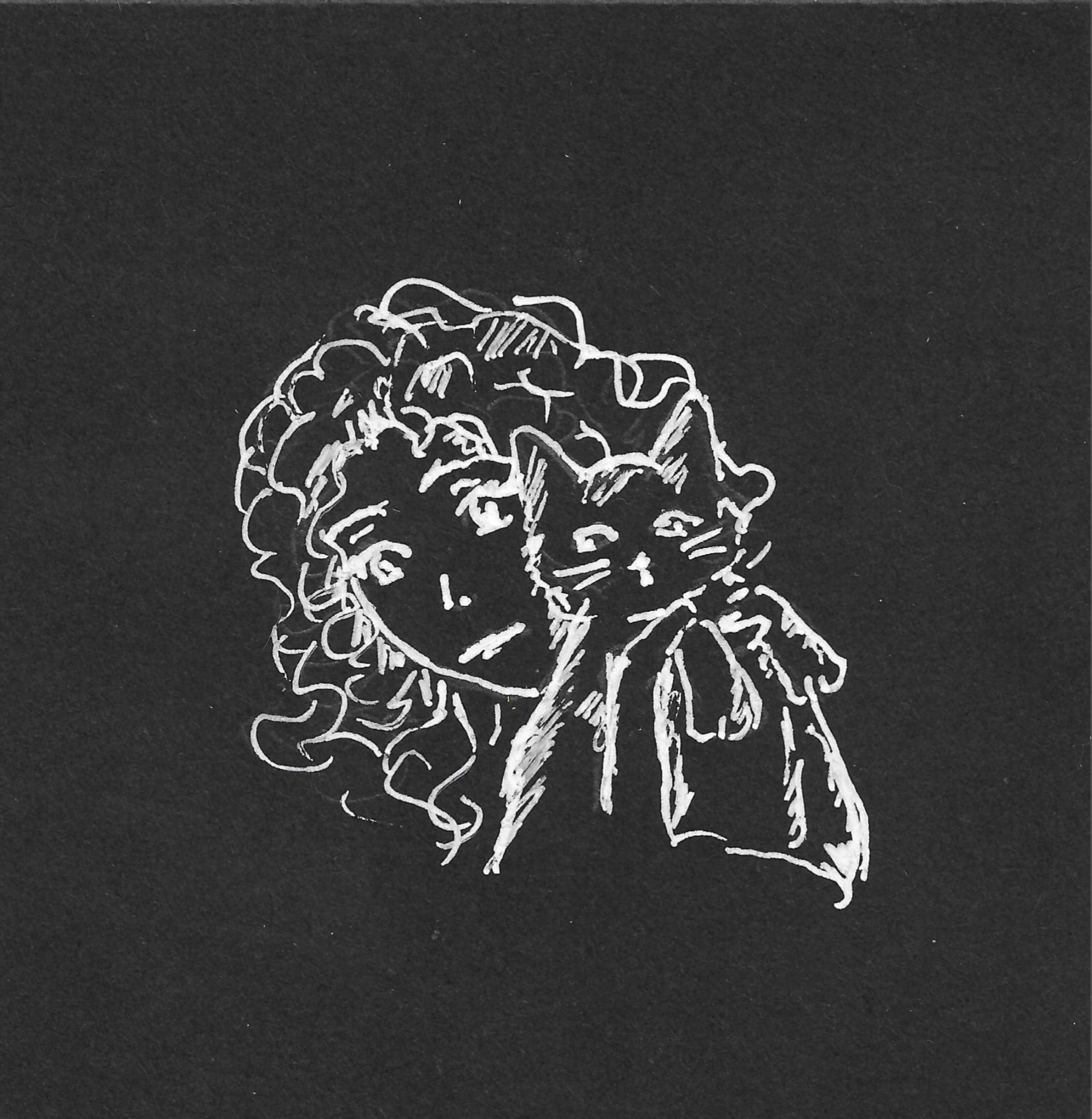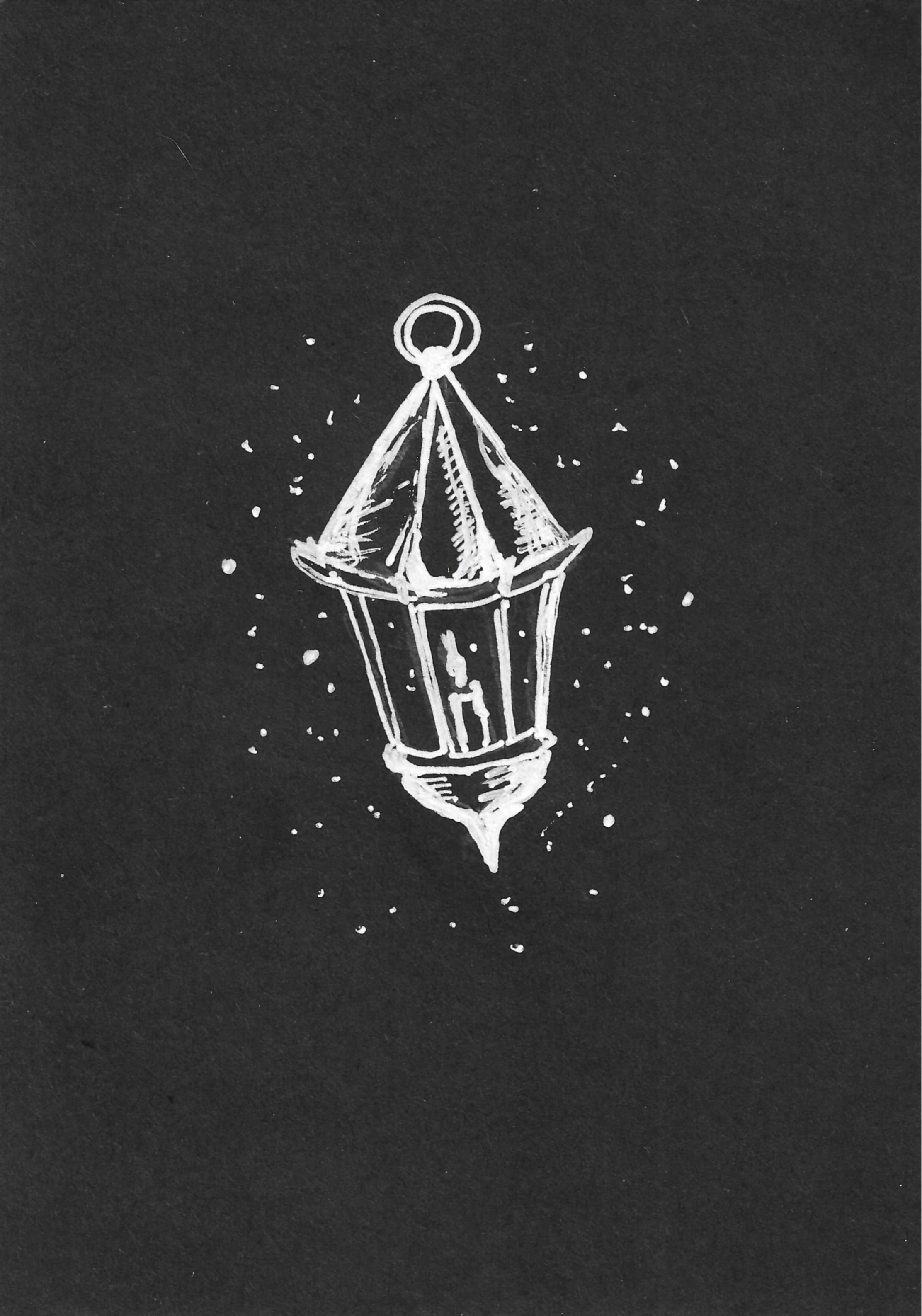The Last Lantern
The Last Lantern was once a place of torment.
Through its echoing halls, you could hear the screams and wails of the long-departed—ghosts bound in shackles and trapped within sigils long after their bodies had turned to ash and stardust. In many rooms, men still speak in hushed tones, pulling secrets and confessions from the dead. Some spirits whisper like stolen wishes, begging for release. Others say nothing at all, drifting like tethered shadows too bitter—or broken—to speak.
Originally, the Last Lantern was built on a promise: a sacred refuge, the final threshold where souls could speak their last words and be heard. But that was only the story Vethias told. He was a kindly old man—soft-spoken, silver-haired.
But his shadow had teeth.
The Last Lantern was once a grand old mansion perched on the cliffside, with sweeping halls, multiple bedrooms, a library, and a ballroom. Over time, it was converted by the death-priests of Nelous to serve the purpose Vethias had originally set out to fulfill. He housed a single squadron there—twelve men from the Duskvos Regiment, the only ones who survived.
Behind the benevolent myth, the Lantern became a place of punishment. Here, enemies, criminals, and the unrepentant were tortured even in death—held captive for secrets they refused to share. What was said to be mercy became cruelty in disguise. And only much later, long after the walls were stained with years of silence and sorrow, would the Lantern begin to fulfill its original promise.
Spirits were bound here through earthly possessions or fragments of themselves left behind on the mortal plane—a memory of war, a moment of pain, a sacrifice etched in blood. To anchor them in place, something was always taken from the warden—but it was never returned.
The Lantern’s First Keeper
Vethias had once been a soldier—decorated, respected, and hardened by the blood-soaked years of the Orc Raids on Stormer and the southern skirmishes near Portcross. He rose swiftly through the ranks, a man of precision and principle. But war changes men. Not just the dying, but the watching—seeing children torn apart by siege fire, villages starved into submission, and good men made monsters by orders they couldn’t question. These things leave marks—not only on the body, but on the soul. And no one carries more of those marks than a soldier who survives.
After his final campaign, Vethias withdrew from military life, vanishing from the cities and battlefields that had once sung his name. He settled in the coastal town of Azuros, a quiet fishing village nestled against the storm-beaten cliffs of Stormer. There, he built The Last Lantern.
He built it to make peace with his demons.
But his demons were stronger than him.
They followed him into that place—took shape in the ghosts he tethered to the floors and bound within burning sigils. The war had never truly left him; it had only changed form.
“Tell my wife the ring is beneath the floorboards,” one ghost wailed.
“Let me go. I want to rest,” another cried.
At first, Vethias didn’t notice. He couldn’t see why some souls had begun to pass on. Why secrets he had tried to rip from the dead were suddenly gone. Why the cries were growing fewer, and the sigils began to lose their heat.
One evening, she drifted past a room where a soul—one who had never spoken—stood staring out the window. When he turned, he saw her and the cat.
He moved as close as his tether would allow.
She stopped just within reach, her form flickering faintly, as though taking nervous breaths. The cat stood between them, silent and watchful.
“It hurts, doesn’t it?” Her voice was small but crystal clear.
She lifted a hand, stepping closer.
“It hurts,” he whispered. “I miss her. This place… it’s a prison, little one. You shouldn’t be here.”
She tilted her head, curls catching the moonlight.
And in that stillness, Vethias understood: all the ghosts he had chained, all the torment he had justified—it did not cleanse his guilt. It had only mirrored the sin he had tried so hard to escape.
He was no better than the soldier who killed her.
With that, he released them all—every chained spirit, every bound soul. He let them go.
But the girl did not pass on. Nor did her cat.
Instead, she remained, a quiet presence in the hallways she had once wandered in fear. Together with the wardens, Vethias began to cleanse the house from top to bottom. They stripped away the sigils, the bindings, the tools of torment. They scrubbed blood from the stones. They reopened the long-locked doors and let in the light.
They gave the little ghost a name: Curls, for the way her hair still bounced as she walked.
Her cat they called Claws, for the scratches he had once worn like armor.
The Last Lantern began again—with the purpose Vethias had once claimed, and now finally meant.
A place to listen. A place to settle with souls and record their final words before they moved on.
He knew he would one day stand before Nelous, the god of death, and have his own soul judged in the halls of the Black Reliquary. But with what life remained to him, he would make good on the promise he had long abandoned.
And this time, he would not look away.
The Last Lantern Now
Not all agree that the sins of the Lantern have been cleansed. Some believe the souls once held there left curses behind. Others claim that mercy cannot erase what was built on pain. There are even whispered sects who think the Lantern’s original purpose should be restored—that some secrets are worth the price. This mostly comes from the Nostra Mortem, the assassins of the dark lands who serve the Mother of Endings, Aeternis.











This is hauntingly beautiful, narratively enthralling. I was hanging on every word, every sentence. Such a unique organization with such rich history and lore. Most certainly controversial given its history and the scars both structure and organization may yet bear by reputation and and by deed. Yet arguably though there was much pain and suffering.....one could try to argue, persuasively too I'd imagine, that those things came out and continue to come out in the wash so to speak, the good outweighs the dark, or will given time. Such a thing is uncomfortable to think about and yet....most things in life are not truly black and white. There is a whole lot more grey. Beautifully written, most certainly a piece that I need to add to my collection. It was a joy to read and I thank you for the tale :)
Thank you very much; I felt I was piecing this together like a roller coaster ride. a rough idea slowly sharpened by hours and minutes of writing, I wanted arc of man who comes across his own path, ro in end find some measure of peace.